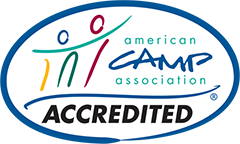Accessibility
Campers of all abilities–including those with disabilities and health concerns–are welcome and encouraged to register. Prior to registering, we recommend you contact us so we can make sure we are able to provide accommodations and adequate support for their camp experience. Our staff can also help you choose the sessions that are best fit for your camper.
Bedwetting
If your camper is a bedwetter, you don’t have to worry, it is not an unusual concern. Please let us know on the Camper Information Form (see forms) and/or Health History Form (see forms). Your camper should speak with their counselor or another staff person if they have an accident, and staff will discreetly launder the bedding and clothes.
Food, Medications, and Special Needs
Notify our camp directors if your camper has specific health needs (e.g. injections, specialized equipment). If a camper has dietary needs beyond vegetarian, our cooks can provide gluten-free, dairy-free, peanut-free and treenut-free meals and accommodate other allergies.
Notifications should be submitted one month prior to the camp session your camper will be attending.
Resident Camps Medications
Our health staff will make sure that campers have access to their medications when necessary during their stay. Take note of how to pack medications on our Packing Lists page. If attending an Adult + Me session, the camper’s parent/guardian will be responsible for their camper’s health forms and medications.
Troop Camp Medications
Troop leaders and parent/guardians are responsible for their campers’ health forms and medications. Medications should be kept by the adult in a secure manner. Adults are responsible for giving the medication to their Girl Scouts as needed.
Homesickness
This summer, hundreds of campers will experience their first taste of independence at summer camp. For many, it will also be their first encounter with homesickness, but families don’t have to feel helpless. The best prescription is a simple solution of preparation and patience.
According to a study by Dr. Christopher Thurber, feeling homesick is a normal occurrence at camp. A whopping 83 percent of the campers studied reported homesickness on at least one day of camp. The American Camp Association (ACA) suggests the following tips for families to help their camper prepare for camp:
- Encourage independence throughout the year.
- Discuss what camp will be like before your camper leaves, such as using a flashlight to find the bathroom.
- Remind your camper ahead of time that you will not be able to contact each other via phone during your camper’s stay.
- Contact your camper by sending letters, care packages, and even e-mails while they are at camp.
- Pack a personal item from home, such as a stuffed animal.
Camp directors have extensive experience with homesickness. If you have a concern, voice it to our camp directors before camp, so the staff can provide the best experience for your camper. For many children, camp is a first step toward independence and plays an important role in their growth and development. Other resources for preparing for camp can be found at acacamps.org.
Illnesses and Communicable Diseases
Campers and adults who have a communicable illness or medical emergency are not permitted to attend camp. If a camper or adult is unable to attend camp because of a communicable illness, their camp fees can be transferred to another camp if one is available. If another session cannot be determined, they will receive a full refund (minus the non-refundable deposit).
Lice Prevention
Some Helpful Information About Lice
- Head lice move by crawling— they cannot hop or fly.
- Head lice are spread by direct contact with the hair of a person carrying them.
- Anyone who comes in head-to-head contact with someone who already has head lice is at greatest risk.
- It is uncommon for lice to spread by contact with clothing (such as hats, scarves, coats) or other personal items (such as combs, brushes, or towels) used by a person carrying lice.
- Personal hygiene or cleanliness in the home or school has nothing to do with getting head lice.
Our Precautions
- Non-toxic spray is used for bike and horse-riding helmets to help keep lice from transferring and to encourage good lice prevention hygiene amongst our campers and staff.
- Horse-riding campers during resident camp receive a helmet on their first day at the barn. It will be labeled with their name and only they will use that helmet. At the end of the last day of camp, staff will spray all helmets with non-toxic lice spray.
- Horse-riding helmets are treated between each use during weekend programs with non-toxic lice spray.
- During resident camp each bike helmet is sprayed with non-toxic lice spray after each use.
- During weekend programs, instructions will be will be provided for participants to use non-toxic lice spray on bike helmets after each use.
- Our counselors ask campers not to sleep head-to-head in bunks, but rather to sleep head-to-foot or foot-to-foot.
- Our counselors instruct campers not to share hairbrushes, hair ties, hats, and bandanas.
Lice Prevention Steps for Parents and Guardians
- Screen your camper for lice the week leading up to camp, including the day before. Head lice and head lice nits (eggs) are found almost exclusively on the scalp, particularly around and behind the ears and near the neckline at the back of the head. There are many resources parents/guardians can find by searching online that will help you know what to look for.
- Remind your camper not to share hats, hairbrushes, or sleep with their head near another camper.
- If your camper prefers, a bandana may be worn under bike or horse-riding helmets.
- You may also consider sending hair products with your camper that deter lice.
Mosquito Bite Prevention
Insect bites are a risk with any outdoor activity in the Midwest, and camping is no exception. We take precautions to decrease the chance for insect bites among our campers, and there are additional steps that parents can take as well.
Our Precautions
- As a precaution, each of our camp locations is sprayed on a regular basis to decrease the mosquito population.
- Our counselors and staff are diligent about reminding campers to put on insect repellent.
- Platform tents are equipped with mosquito netting.
- Maintenance staff works to eliminate any man-made standing water, which can attract mosquitos.
- Hiking trails are trimmed regularly.
Beyond the annoyance and itchiness mosquito bites can cause, we are aware of concerns regarding Zika. Zika, a disease caused by the Zika virus, is spread to people primarily through the bite of an infected Aedes species mosquito. The most common symptoms of Zika are fever, rash, joint pain, and conjunctivitis (red eyes). The illness is usually mild with symptoms lasting for several days to a week after being bitten by an infected mosquito. Learn more here: cdc.gov/zika/about/index
Mosquito Bite Prevention Steps for Parents and Guardians
As you prepare your camper for their stay with us, be sure to include the following items from our packing lists that will help prevent mosquito and other insect bites:
- A bandana or hat to cover their head on hikes
- Insect repellant containing DEET
- Long pants, since they act as an added barrier
In addition, you may consider sending clothing treated with permethrin, an insect repellant. You can find this insect repelling clothing at most sporting goods stores.
The CDC has a helpful, downloadable guide to mosquito bite prevention: cdc.gov/chikungunya/pdfs/fs_mosquito_bite_prevention_us.pdf
For more information about the Zika virus, go to: cdc.gov/zika/
Neurodivergence and Mental Health
Girl Scouts River Valleys welcomes campers with mental health concerns and neurodivergences. We encourage you to contact us prior to registration to discuss accommodations, supports, or if you need help choosing a session that will be the best fit for your camper.
Some accommodations we have available to all campers include access to a quiet space when needed or noise cancelling headphones, built in quiet/rest time in the schedule, a variety of fidgets available for check out to use throughout the week, visual schedules can be provided to all campers, staff are trained on how to teach each activity to a variety of different learning styles, and at Camp Elk River and Lakamaga a MESH (Mental, Emotional, and Social Health) Director is available to provide additional support as needed.
Tick and Lyme Disease Prevention
Ticks are a risk with any outdoor activity in the Midwest, and camping is no exception. We take precautions to mitigate tick risk among our campers, and there are additional steps that parents can take as well.
Our Precautions
- We keep trails trimmed and wide enough for easy passage since ticks are often picked up from brush.
- Our counselors remind campers to perform tick checks, and our health staff are trained to properly remove any that are found. Ticks will be sent home with the camper in a baggie with information in case they develop symptoms of a tick-borne illness.
Tick Prevention Steps for Parents and Guardians
As you prepare your camper for their stay with us, be sure to include the following items from our packing lists that will help prevent tick and other insect bites:
- A bandana or hat to cover their head on hikes
- Insect repellant containing DEET
- Long pants, since they act as a tick barrier
In addition, you may consider sending clothing treated with permethrin, an insect repellant. You can find this insect repelling clothing at most sporting goods stores.
After they return from camp, remind them to continue the tick checks they learned at a camp for a few extra days. Centers for Disease Control (CDC) provide good information that you can use to learn how to do tick checks, remove any ticks you or your family finds, and to watch for symptoms of Lyme Disease.
| Collapse All

